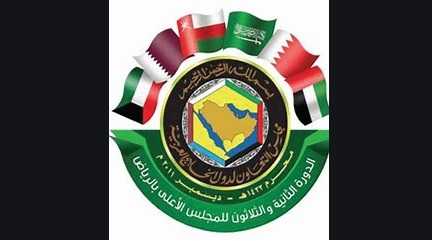
04 May 2023; MEMO: The Gulf Cooperation Council (GCC) and its member states are set to implement a unified visa for tourists and businesspeople from dozens of countries, in an initiative comparable to the European Union's Schengen zone visa.
During the ongoing Arabian Travel Market at the Dubai World Trade Centre, in which a panel discussion on 'The Future of Travel for the GCC' took place, it was revealed that the bloc is planning on the introduction and implementation of a common visa system for nationals, residents, tourists and business visitors from 35 Arab and foreign countries.
According to regional media outlets, Bahrain's Tourism Minister, Fatima Al Sairafi, said that discussions are still underway among GCC nations at the ministerial level on how to achieve such a visa. "We see that happening very soon because we see people flying from abroad to Europe usually spending their time in several countries rather than in one country. We really saw the value this can bring, not to each country, but all of us", she stated.
READ: Are Saudi Arabia and the UAE leading the way to a new order in the Middle East?
With the unified visa system reportedly aiming to boost tourism and facilitate travel within the region, nationals from the 35 countries – which have not been specified – would be able to visit Saudi Arabia, the United Arab Emirates (UAE), Bahrain, Kuwait, Qatar and Oman under a single visa. GCC residents would also be able to travel visa-free throughout all member states, just like nationals do.
Samira Al Gharib, the Kuwaiti Trade Ministry's assistant Under-Secretary for Tourism, also confirmed that plans for a "unified tourism visa" are being considered by the bloc's member states' interior ministries, and that it "targets frequent visitors to the GCC". She denied that the new visa system would be implemented by next year, citing obstacles to be overcome prior to its introduction.
A key driver for the idea of a common visa in the GCC was reportedly the FIFA World Cup held in Qatar last year, which, according to the Arab Gulf Centre for Studies and Research (CSRGulf), benefited all Gulf countries immensely in terms of their economic and tourism sectors.




